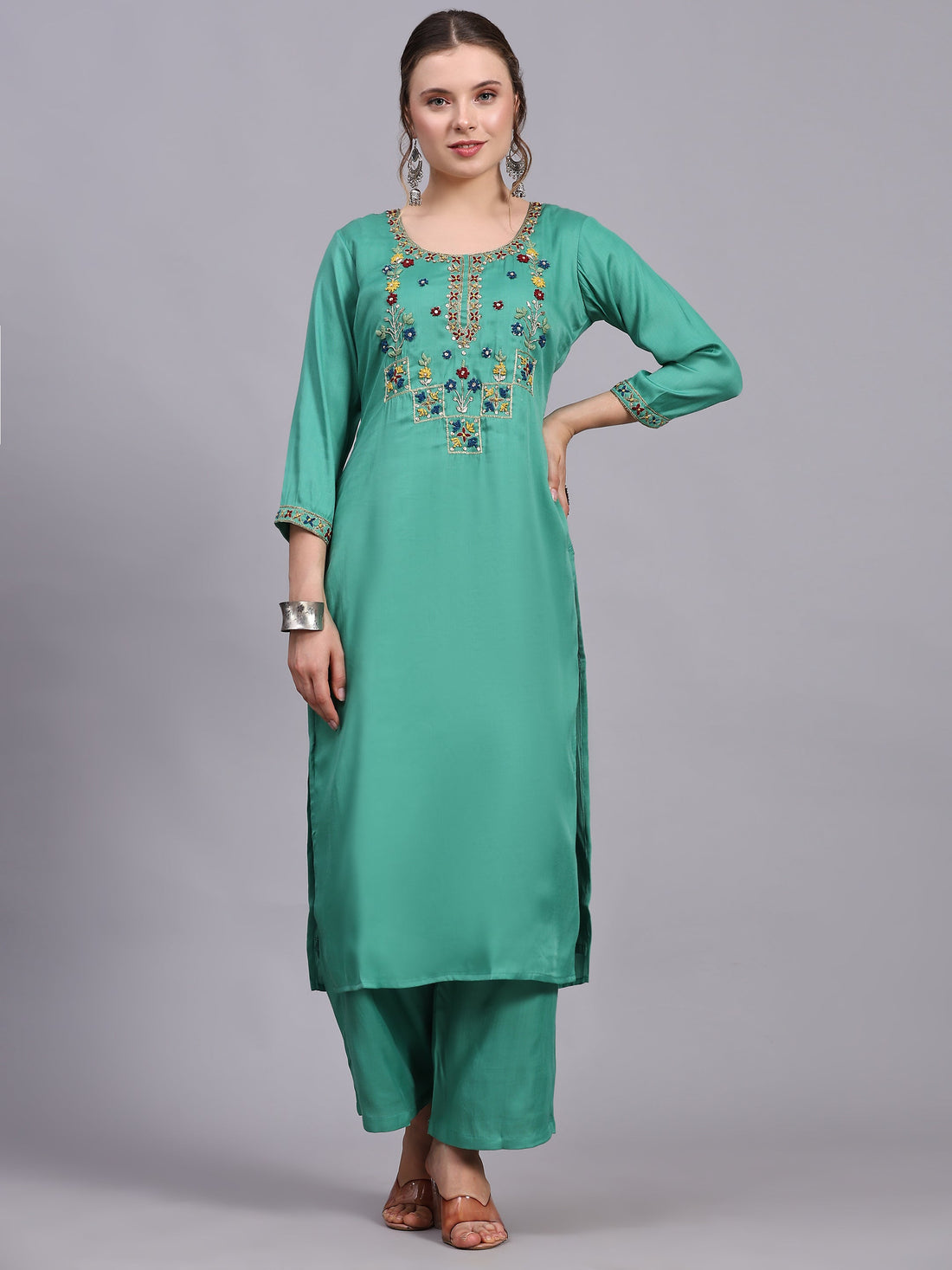The world of fashion is undergoing a significant transformation, with sustainability becoming a top priority for both designers and consumers. As we become more conscious of the environmental impact of clothing production, sustainable fabrics in traditional women's clothing are gaining popularity. Traditional garments, such as sarees, lehengas, salwar kameez, and kurtas, are not only steeped in cultural significance but are also becoming a part of the eco-friendly movement. In this blog, we explore the rise of sustainable fabrics in traditional women's clothing and why it's important to choose them for a more sustainable future.
What Are Sustainable Fabrics?
Sustainable fabrics are those that are produced with minimal environmental impact. These fabrics are created using renewable resources, involve ethical production methods, and prioritize the well-being of both people and the planet. As the fashion industry moves towards more eco-conscious practices, many traditional fabric producers are embracing sustainable techniques to reduce waste and conserve resources.
Sustainable fabrics in traditional women’s clothing are typically made from natural fibers that are biodegradable, require less water, and produce fewer emissions. These fabrics not only benefit the environment but also provide a more comfortable, breathable, and long-lasting option for clothing.
Popular Sustainable Fabrics Used in Traditional Women's Clothing
There are several sustainable fabrics that are commonly used in traditional women’s clothing. These materials provide a perfect blend of comfort, durability, and style. Let’s take a look at some of the most popular ones:
1. Organic Cotton
Organic cotton is one of the most eco-friendly fabrics used in traditional women’s clothing. Unlike conventional cotton, organic cotton is grown without the use of harmful pesticides or synthetic fertilizers. It is produced using methods that preserve soil health and reduce water usage, making it a sustainable choice for eco-conscious consumers.
-
Benefits: Soft, breathable, and comfortable, organic cotton is ideal for everyday wear, including sarees, salwar kameez, and kurtas. It’s also hypoallergenic, making it great for sensitive skin.
-
Uses: Organic cotton is used for making casual and semi-formal traditional outfits. It is particularly popular in summer garments due to its breathability.
2. Linen
Linen is another sustainable fabric that has been used for centuries to make traditional women’s clothing. Made from the flax plant, linen is known for its lightweight, breathable, and moisture-wicking properties. It is biodegradable and requires fewer resources to produce compared to other fabrics.
-
Benefits: Linen is cool to wear in hot and humid climates, making it a perfect option for traditional clothing in tropical and warm regions. It is durable, long-lasting, and becomes softer with each wash.
-
Uses: Linen is often used for making sarees, kurtas, and tunics. It adds a sophisticated, airy feel to any outfit, making it ideal for both casual and formal occasions.
3. Hemp
Hemp is one of the oldest and most sustainable fibers in the world. It grows quickly, requires minimal water, and doesn't rely on pesticides. Hemp fabrics are durable, strong, and resistant to mildew, making them an excellent choice for long-lasting traditional wear.
-
Benefits: Hemp is a highly sustainable fabric that becomes softer with each wash and is naturally resistant to mold and mildew. It is also highly breathable and UV-resistant.
-
Uses: Hemp is often used in contemporary traditional clothing, such as kurta sets, lehengas, and shawls. Its earthy, natural appearance adds a rustic touch to traditional designs.
4. Silk from Ethical Sources
Silk has always been a luxurious fabric in traditional clothing, especially in garments like sarees and lehengas. However, traditional silk production often involves unethical practices. Sustainable and ethical silk production, such as peace silk or Ahimsa silk, ensures that no harm is done to silkworms during the process, making it a more humane option.
-
Benefits: Sustainable silk is lightweight, breathable, and has a natural sheen, making it ideal for special occasions. It is also biodegradable and luxurious.
-
Uses: Ethical silk is commonly used in bridal sarees, lehengas, and high-end traditional wear, offering a refined, luxurious appearance.
5. Tencel (Lyocell)
Tencel, also known as Lyocell, is an eco-friendly fabric made from wood pulp sourced from sustainably managed forests. The production process of Tencel uses a closed-loop system, which minimizes waste and chemical usage, making it an environmentally friendly alternative to conventional fabrics.
-
Benefits: Tencel is smooth, soft, and breathable. It is also biodegradable, making it an excellent choice for eco-conscious fashion.
-
Uses: Tencel is often used in modern takes on traditional wear, including kurtas, tunics, and even lightweight sarees. It’s perfect for those seeking a mix of comfort and style in their ethnic wardrobe.
The Benefits of Choosing Sustainable Fabrics for Traditional Clothing
There are several reasons why sustainable fabrics in traditional women's clothing are a wise choice for consumers:
-
Eco-Friendly: Sustainable fabrics use fewer resources and create less waste, which helps reduce the overall environmental impact of the fashion industry.
-
Healthier for the Skin: Fabrics like organic cotton, linen, and hemp are free from harsh chemicals and pesticides, making them gentler on the skin.
-
Long-Lasting: Sustainable fabrics tend to be more durable, which means that your traditional wear can last for many years, offering better value for money in the long term.
-
Supports Ethical Practices: By choosing sustainable fabrics, you support ethical production practices that prioritize fair labor conditions and sustainable sourcing.
Conclusion: Embrace Sustainable Fabrics with Salwat
As the world moves towards more sustainable practices, the demand for eco-friendly fabrics in traditional women’s clothing continues to rise. Sustainable fabrics, such as organic cotton, linen, hemp, and ethical silk, not only offer comfort and durability but also support environmental conservation and ethical production. At Salwat, we are proud to offer a collection of traditional women’s clothing made from sustainable fabrics, ensuring that you can enjoy your favorite ethnic wear while contributing to a greener planet. Embrace the beauty of sustainable fabrics in traditional women's clothing with Salwat and make a conscious choice for both your wardrobe and the planet.


